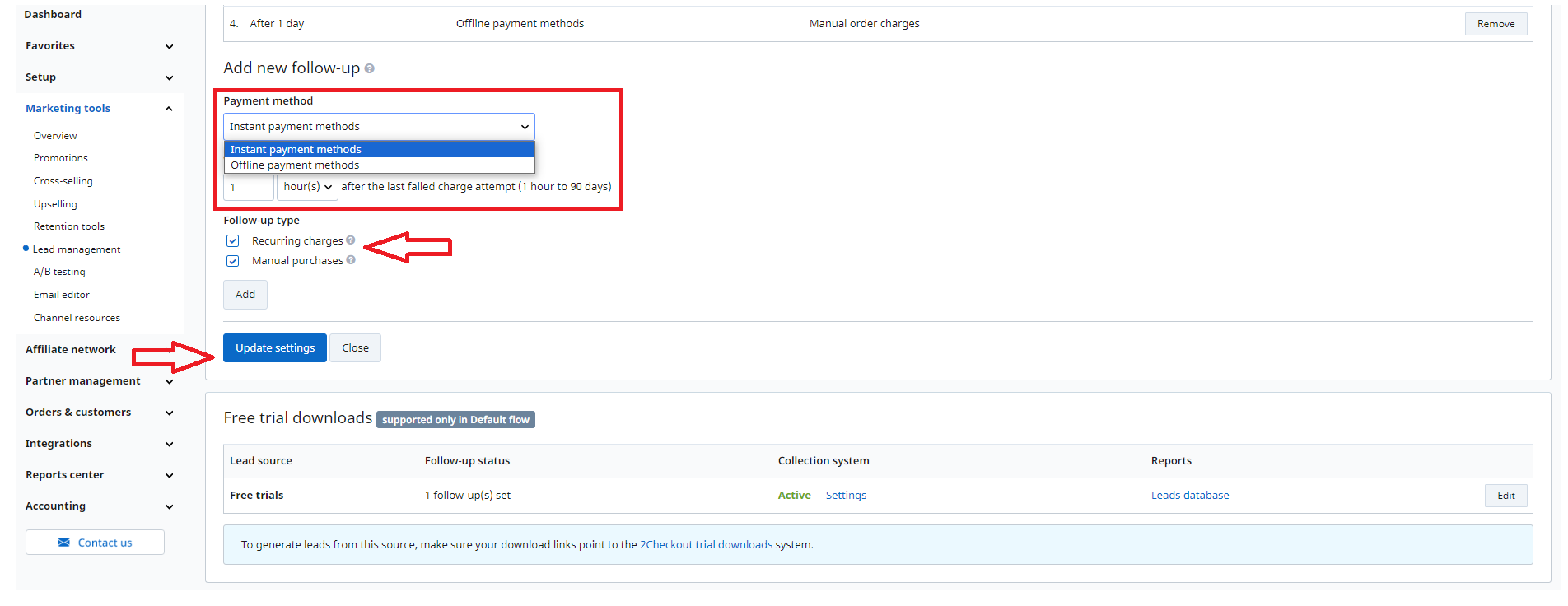Top 5 secrets for better customer retention
|
Retention plays a pivotal role in every software and online services companies' growth. It directly impacts customer lifetime value (CLTV) and is a key barometer of the health of your subscriber base. Online companies need to understand how low authorization rates, payment failures, chargebacks, and refunds impact retention and ultimately your company's success. Watch our webinar, with Adriana Iordan, Sr. Director of Product Management, and Radu Ionescu, Sr. Product Manager, at 2Checkout sharing insights into:
|
 |

